Details about night Constable Zach Rolfe shot dead Kumanjayi Walker to be revealed at Alice Springs inquest
Lawyers for Constable Zach Rolfe will argue for a series of questions to be ditched from the inquest into the death of Kumanjayi Walker. See how the first day of the three-month inquest unfolded.
Alice Springs
Don't miss out on the headlines from Alice Springs. Followed categories will be added to My News.
Counsel assisting the Coroner investigating the death of Kumanjayi Walker will resist attempts by lawyers for the man who shot him to narrow the scope of the inquiry.
In her opening address to the inquiry on Monday, counsel assisting Peggy Dwyer said initially all parties had agreed to an issues list containing 54 questions to be canvassed.
But Dr Dwyer said lawyers for Constable Zach Rolfe had indicated just four days before the hearing was due to start that they would argue for a number of issues to be removed, including whether “systemic racism” played a role in Mr Walker’s death.
“On behalf of Const Rolfe, they object to 13 questions, all of which fall under two issues, either the issues of recruitment, training and supervision within the NT Police force, or the broader issues of regulating use of force,” she said.
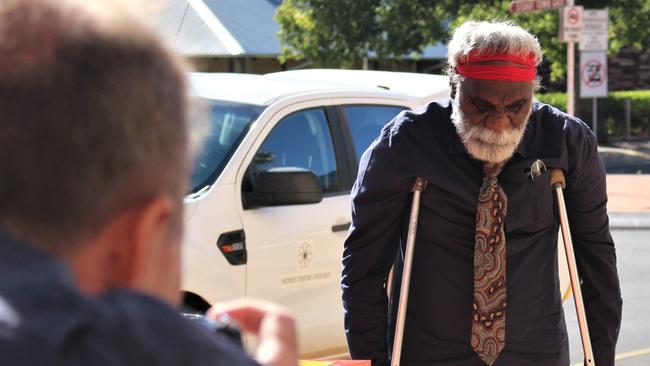
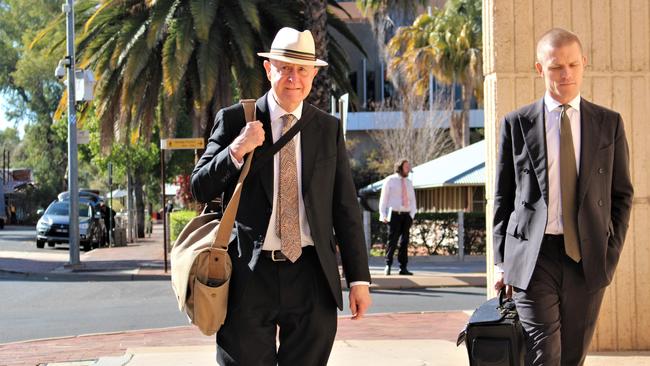
“For example, Const Rolfe has foreshadowed an objection to evidence relating to the issue, or question, of whether he provided accurate and honest information during his recruitment to the NT Police force.
“He objects to your honour hearing evidence on the issue of whether some police officers in Alice Springs discriminated against Aboriginal people, or had a negative attitude to community police and whether, in effect, that increased the chance of the use of force on the 9th of November, 2019.”
Dr Dwyer said the objections had now been listed for argument before Coroner Elisabeth Armitage on Friday, when she expected Const Rolfe’s lawyers to argue against any inquiry into “whether there is evidence of systemic racism or cultural bias in the NT Police force”.
Dr Dwyer said she also expected objections to Ms Armitage hearing evidence “in relation to Const Rolfe’s use of force history, and whether any inappropriate behaviour has been condoned, overlooked or excused by superiors”.
“It is a great shame that those objections came so late, when so much care was taken by those assisting your honour to list this matter on a number of occasions previously, so that these issues could be identified and understood by all members of the community, and particularly, by Kumanjayi’s family,” she said.
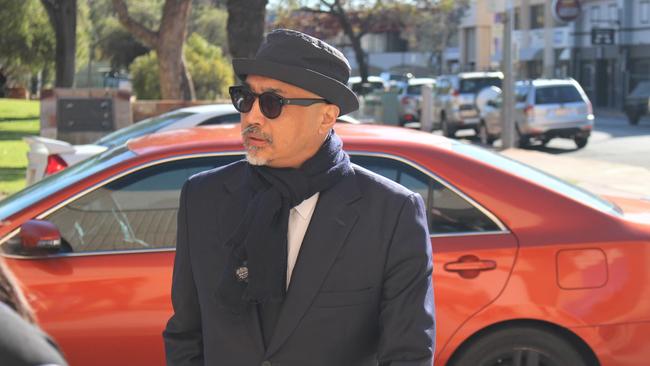
“To be clear, it’s the position of those assisting your honour that the original issues list and the 54 questions under it, which really shape, or foreshadow, how those issues might be inquired into, are within scope.”
Dr Dwyer said it was the aim of the inquest “to get a truthful, frank and full account of what happened in the lead up to Kumanjayi’s death to determine if there was an opportunity to do something different that may have preserved his life”.
“Ideally, an inquest is an opportunity to listen to the witnesses carefully and to each other with an open mind,” she said.
“It is, for example, an opportunity for Kumanjayi’s family to hear from police and NT Health about what efforts they have made since Kumanjayi’s passing to prevent it happening again.
“It is also an opportunity for police, for NT Health and the NT government to listen to the family and community about what more could be done so that this never happens again.”
Earlier, Ms Armitage had commenced proceedings by asking herself this question on Monday morning.
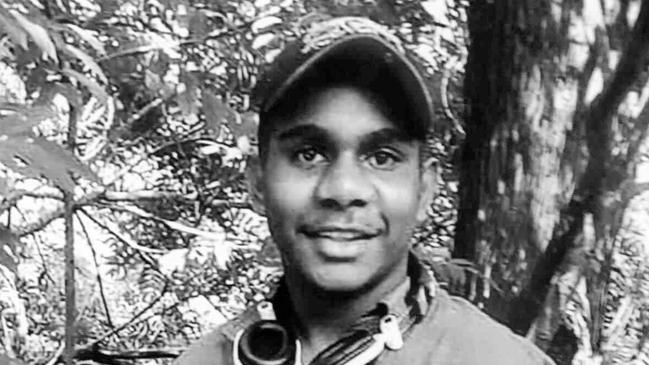
“Do I know the story of Kumanjayi Walker and Constable Zach Rolfe? Do you?”
So began the marathon three-month inquest in the Alice Springs Local Court on Monday morning into the 2019 police shooting death of the 19-year-old Warlpiri man.
Coroner Elisabeth Armitage allowed the question to hang in the air as it was translated into the dead man’s own language for the benefit of his family and community members present in court.
As she continued, Ms Armitage acknowledged that after almost three years and endless media interest from around the world, some of those watching on “might wonder whether there is anything more to say”.
“I expect that many will have followed media reporting of the trial of Const Rolfe and his acquittal,” she said.
“Some may have listened to podcasts about the events and the trial, or watched interviews with Const Rolfe and his family.
“Many will have seen Const Rolfe’s and other police officers’ body-worn video and will recall the images and sounds of shots being fired.
“During this inquest, I’m inviting everyone to look a little deeper and listen a little longer, because I think there is more to learn from and more we need to try and understand about this story.”
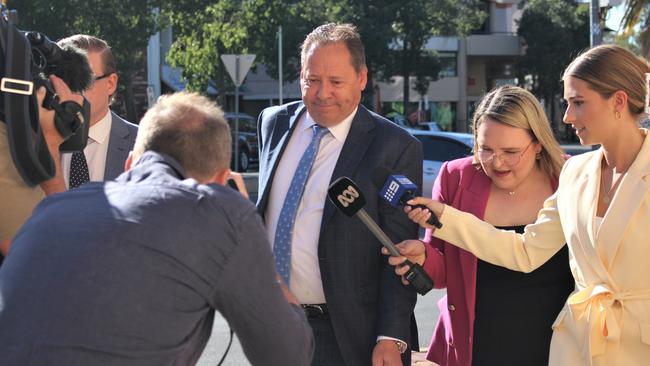
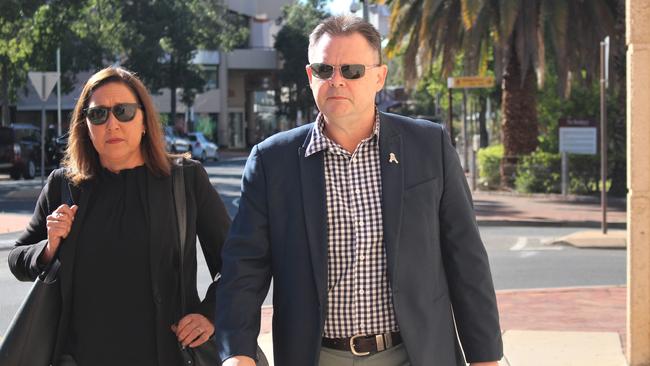
Ms Armitage said on the day Mr Walker passed away, there had been a funeral for a family member and the sun was setting over Yuendumu when the heavily armed police arrived.
“Some family members gathered at the front of their houses, which were very close to each other – perhaps they were grieving, vulnerable and thinking and talking about the funeral, or about the man that passed away,” she said.
“In those circumstances, I wonder how it looked and felt when police arrived, what did it sound and feel like for Kumanjayi’s family when they heard those three gunshots?
“We haven’t seen the body-worn video from the family and of course, we never will, because it doesn’t exist but just as it is of great significance to watch that police video, isn’t it also important to hear from the family sitting outside? To hear their perspective?
“Who knows, they might have something very important to say.”
The inquest continues on Monday afternoon.





